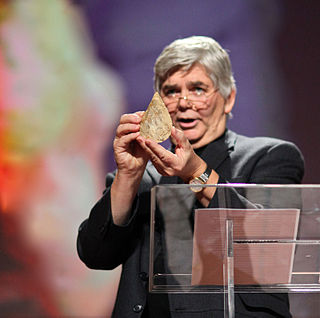A Quote by Carrie Brownstein
The value of kitsch exists in its novelty and in its connotations to more legitimate counterparts.
Quote Topics
Related Quotes
The maker of kitsch does not create inferior art, he is not an incompetent or a bungler, he cannot be evaluated by aesthetic standards; rather, he is ethically depraved, a criminal willing radical evil. And since it is radical evil that is manifest here, evil per se, forming the absolute negative pole of every value-system, kitsch will always be evil, not just kitsch in art, but kitsch in every value-system that is not an imitation system.
At birth we begin to discover that shapes, sounds, lights, and textures have meaning. Long before we learn to talk, sounds and images form the world we live in. All our lives, that world is more immediate than words and difficult to articulate. Photography, reflecting those images with uncanny accuracy, evokes their associations and our instant conviction. The art of the photographer lies in using those connotations, as a poet uses the connotations of words and a musician the tonal connotations of sounds.
Anger is neither legitimate nor illegitimate, meaningful nor pointless. Anger simply is. To ask, "Is my anger legitimate?" is similar to asking, "Do I have the right to be thirsty? After all, I just had a glass of water fifteen minutes ago. Surely my thirst is not legitimate. And besides, what's the point of getting thirsty when I can't get anything to drink now, anyway?" Anger is something we feel. It exists for a reason and always deserves our respect and attention. We all have a right to everything we feel--and certainly our anger is no exception.

































